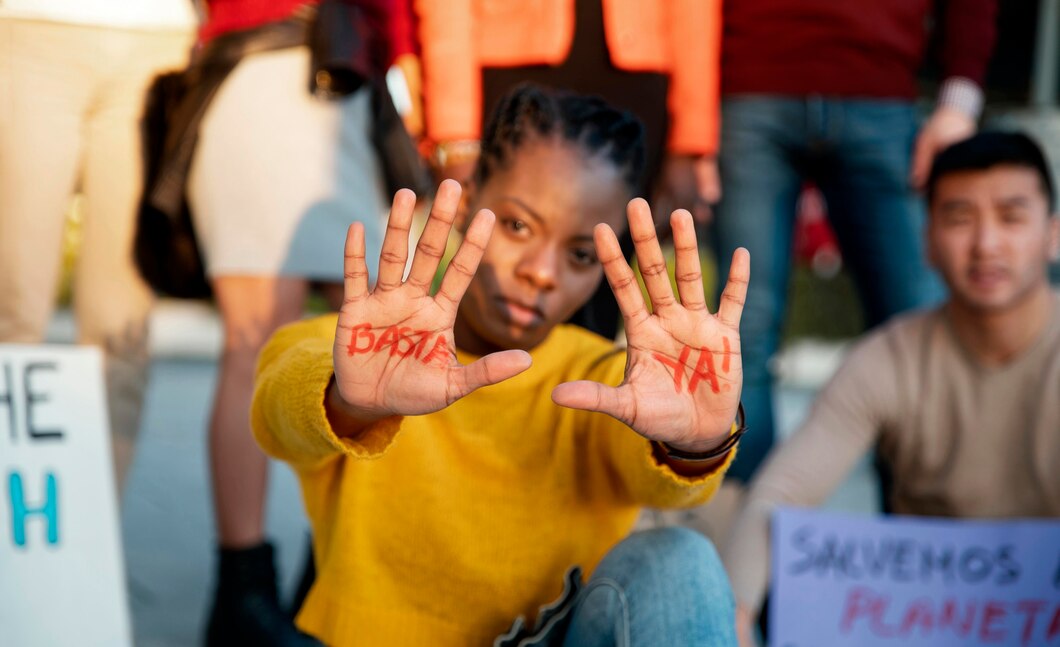Inequality is a complex and multifaceted issue that affects societies worldwide. Namibia, like many other countries, grapples with significant income disparities and wealth gaps. It is crucial to examine the relationship between inequality and crime to understand the social dynamics and potential consequences of this disparity. This blog delves into the ways in which inequality can lead to crime in Namibia, shedding light on the underlying factors and their implications.
Economic Inequality and Desperation:
High levels of economic inequality create an environment where a significant portion of the population faces limited opportunities and struggles to meet basic needs. Desperation resulting from poverty and unemployment can push individuals towards criminal activities as a means of survival. The lack of access to resources, education, and employment opportunities exacerbates this vulnerability, leading to an increased propensity for criminal behavior.
Social Exclusion and Marginalization:
Inequality often produces social exclusion and marginalization, particularly among disadvantaged communities. The feelings of alienation and powerlessness can foster resentment, frustration, and a sense of injustice. When individuals perceive that the system is stacked against them, they may turn to crime as a way to rebel against societal norms, seek retribution, or gain a sense of empowerment.
Limited Access to Education and Opportunities:
Unequal access to quality education and opportunities is a significant consequence of inequality. Limited educational resources and inadequate infrastructure disproportionately affect marginalized communities. The lack of education can perpetuate cycles of poverty and unemployment, making individuals more susceptible to criminal activities. Furthermore, the absence of viable career prospects and upward mobility can fuel frustration and disillusionment, leading to crime as an alternative path.
Unequal Distribution of Resources:
In societies marked by inequality, resources such as healthcare, housing, and public services are often unequally distributed. This disparity creates a sense of injustice and frustration among those who are denied access to essential resources. The resulting social tension and discontent can contribute to an increase in criminal behavior, ranging from property crimes to civil unrest.
Corruption and Organized Crime:
Inequality can foster an environment conducive to corruption and organized crime. The concentration of wealth and power in the hands of a few can lead to the exploitation of vulnerable populations, further perpetuating inequality. Corruption undermines trust in institutions, weakens the rule of law, and creates opportunities for criminal networks to thrive. This includes activities such as fraud, money laundering, and drug trafficking, which exacerbate societal problems and perpetuate a cycle of crime and inequality.
Inadequate Social Safety Nets:
Insufficient social safety nets exacerbate the impact of inequality on crime. When individuals and communities lack access to social welfare programs, healthcare, and support networks, they are more likely to resort to criminal activities to fulfill their basic needs. The absence of a safety net leaves vulnerable populations with limited options, pushing them towards illegal means of survival.
Inequality in Namibia is a pressing issue with far-reaching implications, including its impact on crime rates. Economic disparities, social exclusion, limited access to education and opportunities, unequal resource distribution, corruption, and inadequate social safety nets all contribute to the link between inequality and crime. Addressing these challenges requires a comprehensive approach, including policies that promote equitable economic growth, invest in education and social programs, foster transparency and accountability, and ensure equal access to resources and opportunities. By reducing inequality and creating a more inclusive society, Namibia can mitigate the factors that contribute to crime and work towards a safer and more prosperous future for all its citizens.
